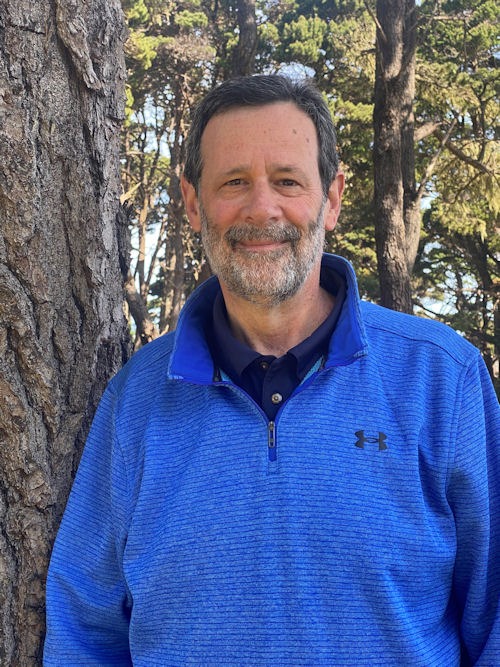12-Step Rehab Program in Colorado
While many people associate 12-step programs as something that happens after addiction treatment has ended, that doesn’t always have to be the case. While support groups like 12-step programs are vital to continued recovery after a person successfully completes treatment, these same 12-step programs can also be part of the rehab process.
At Spero Recovery Center we offer a 12-step rehab program in Colorado as part of our overall men’s residential treatment and recovery program. Keep reading to learn more about 12-step rehab programs and how they can help you or a loved one today.




 Simply put, the Big Book is the book where the 12 steps listed above can be found. Officially titled “Alcoholics Anonymous: The Story of How Many Thousands of Men and Women Have Recovered from Alcoholism,” it was written by Bill Wilson and first published in 1939. Beyond just those 12 steps, the Big Book also contains personal stories of recovery, explanations of the 12 Steps, and insights into the principles of AA.
Simply put, the Big Book is the book where the 12 steps listed above can be found. Officially titled “Alcoholics Anonymous: The Story of How Many Thousands of Men and Women Have Recovered from Alcoholism,” it was written by Bill Wilson and first published in 1939. Beyond just those 12 steps, the Big Book also contains personal stories of recovery, explanations of the 12 Steps, and insights into the principles of AA. If you or a loved one is struggling with addiction and seeking help in Colorado, Spero Recovery Center offers comprehensive 12-step rehab programs to support your journey to recovery. Our experienced and compassionate team is dedicated to helping individuals achieve lasting sobriety through the 12-step approach.
If you or a loved one is struggling with addiction and seeking help in Colorado, Spero Recovery Center offers comprehensive 12-step rehab programs to support your journey to recovery. Our experienced and compassionate team is dedicated to helping individuals achieve lasting sobriety through the 12-step approach.